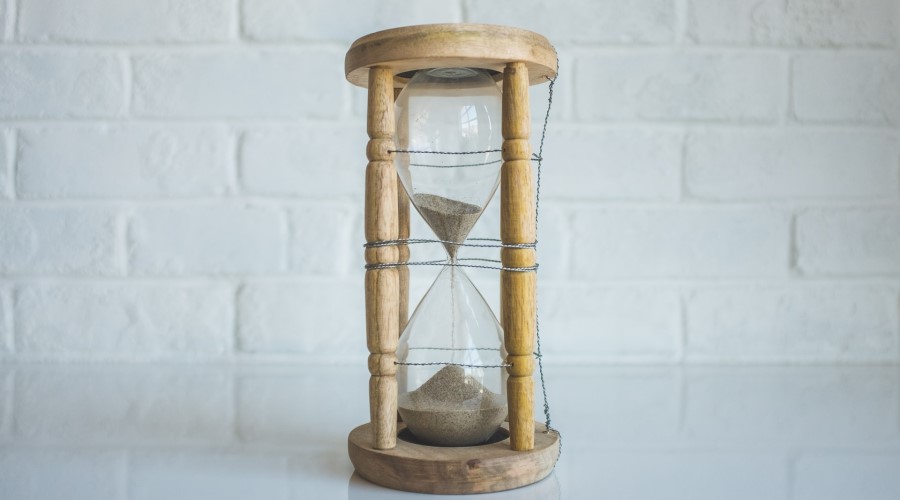Keeping Time On Your Side

In the past couple of years, I have learned that time too easily gets away from me. I tend to get lost in a problem and lose track of time. It was not uncommon for half of the day to be gone and progress not where I thought it should be. Once I was understanding what I was doing to "lose time" I decided to change my habits and how I approached problems.
I first started by saying to myself "What can I get done in 2 hours?", this was extremely helpful. In asking this question I was setting expectations for myself. Being intentional about what I was reasonable in the next 2 hours of my time. This also helped me prioritize the items that I needed/wanted to get done in that time frame. Asking this question throughout the day, I began to group the little things that only took 10-20 minutes into one of these working sessions.
After some time of this practice, I began to see that a few distractions were creeping in, keeping me from my goals. Those distractions were as little as a text message notification, to completely stopped by someone visiting my desk. Or the 20-minute side conversation on the way to fill a water glass. As I was looking to better manage my time and productivity I was introduced to the Pomodoro Technique. For those not familiar, work for 20-25 minutes without interruption. At the end of that pomodoro an alarm goes off, then it is time to take a short 5-minute break. Repeat the series 2 more times. But at the end of the 3rd pomodoro take a longer break of 15 minutes.
This worked for me when I was able to put myself in situations where there would be no external distractions. Continuing this practice in a team environment was quite difficult. Sitting in an office with or without headphones, I did not find a great way to communicate to all team members I was not to be disturbed. I was also unable to resolve planning them around meetings. My schedule is inconsistent enough to not allow for easy scheduling of consecutive pomodoros.
All of this experimenting has taught me many lessons. The most important of them is time boxing your efforts and setting expectations for yourself. I have since modified my thinking, shortening the length of time up from 20 minutes and down from 2 hours. Settling at 1 hour. When setting expectations for myself, I consider my environment. In an office full of people, you can expect a question to come up. Working remotely, it is easier to delay the interruption outside this hour time block. As I feel that I am overshooting my focus time, I will begin to set an hour timer. Or listen to a playlist of music that is around an hour long. The timebox is not always perfect, it never will be. However, it does allow me to keep myself accountable.